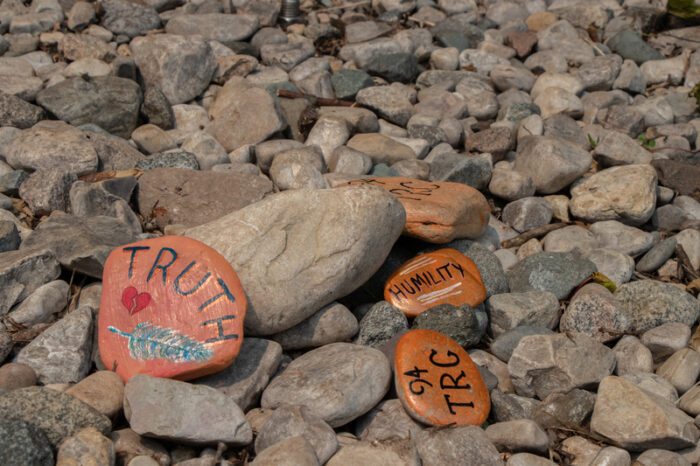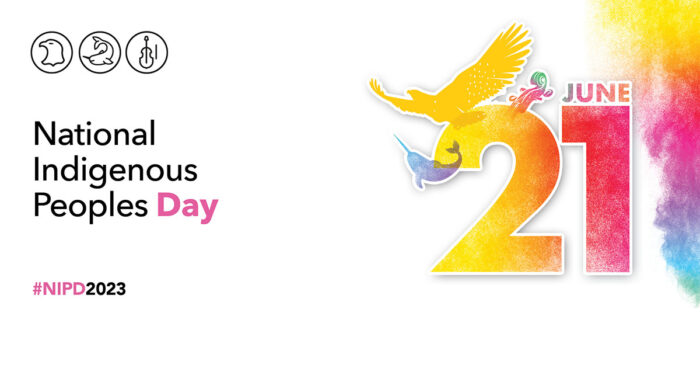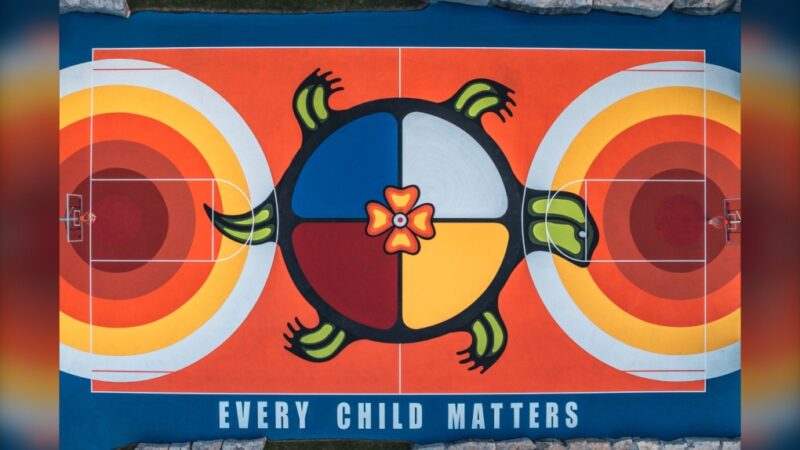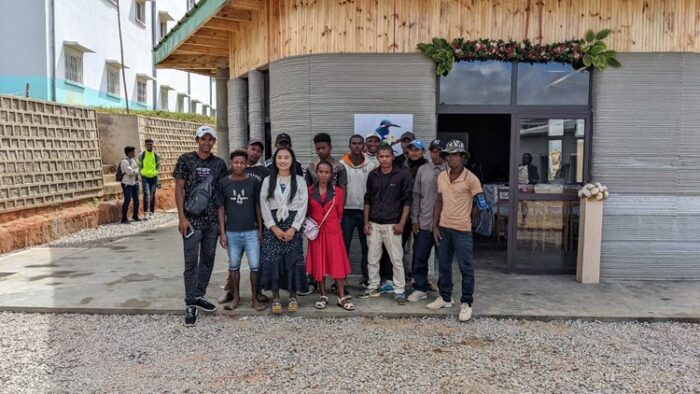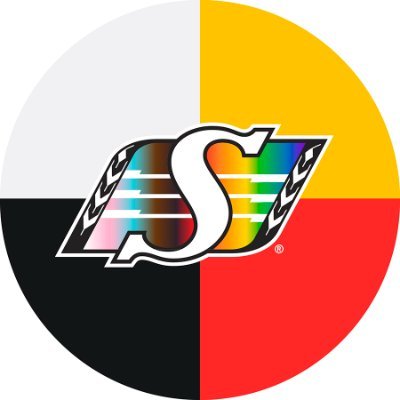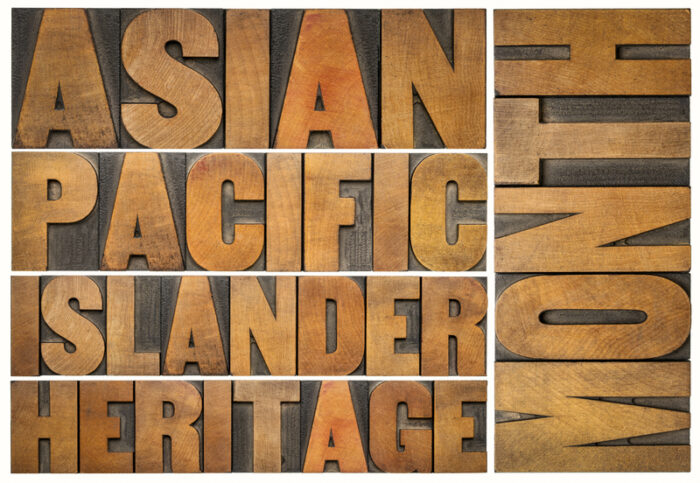Khodi Dill is a writer and spoken word artist based in Saskatoon, Saskatchewan. Recently, we spoke with him about his latest project. It’s an awesome picture book all about rapping. So cool!
Welcome To The Cypher is a playful, musical (of course!), and confidence-boosting book about learning to find your voice in hip hop. The title refers to a group of rappers exploring words together, called a cypher. What a great person to speak with!
In fact, our conversation was so interesting, we decided to split it into two articles. Double the excitement!
Traditions and anti-racism
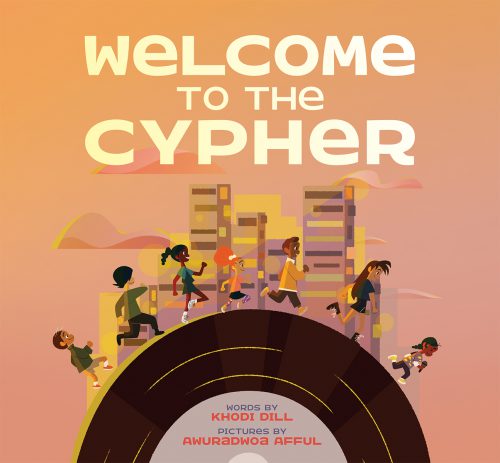
(Annick Press)
In Issue 137 of the OWLconnected eMag (which comes out for OWL magazine subscribers tomorrow), you’ll find an interview with Khodi about his book. It’s such a fun, uplifting read and we know you’ll dig hearing about it.
Meanwhile, in today’s bonus post, Khodi talks about something really neat. How what he does—in poetry and hip hop—connects to African traditions that are centuries old! He also talks about why he is impressed by youth activism today, and the importance of joy. (Yes, joy! Wheee!)
Do you know what a griot [say GREE-oh] is? You’re about to find out!
OWLconnected: On your website, you talk about carrying on the tradition of being a griot. What is that?
Khodi Dill: Griots are a large part of West African traditions. They are knowledge keepers—poets, musicians, storytellers who are responsible for holding their community's knowledge and history. And also conveying [delivering] that back to their people through art.
This is one of the elements of Black culture that's been suppressed in North America.
To me, thinking about the ways Black hip hop artists and poets, tell those stories and histories to their people, I've connected that to being an extension of that ancient oral [spoken] tradition stemming right out of Africa.
I don't think that what I'm doing is the same as what a traditional griot does. But I think that there's a reaching back to that oral tradition. We are trying to still tell our stories. We are still trying to educate our communities about who we are and who we can be.
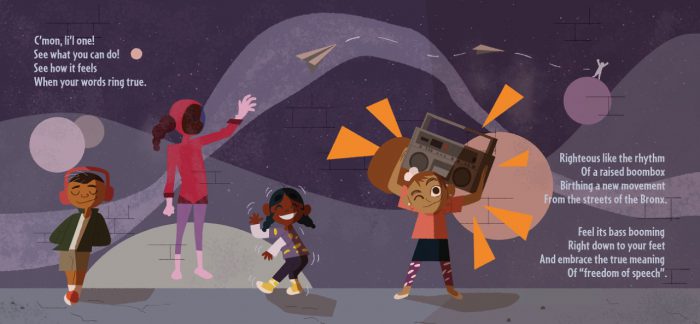
The book is meant to be read aloud as a rap. Try it with this excerpt—it's fun! (Annick Press)
OC: You wrote Welcome To The Cypher because you couldn’t find a book on rapping and hip hop for your own young kids. Is this a way of you telling those stories, like a griot?
KD: It's interesting the way that it all happened. To me, writing the book was an act of joy! I was literally sharing my love and my passion for this art form with my own kids. Nothing could be more joyful for me than that!
Because hip hop—and my joy and passion for it—were things that were restricted throughout my childhood. So I feel so blessed to have the opportunity to put this book out into the world. It was an act of joy for me!
But that is also an act of resistance. This book will be taking up space on a bookshelf that wasn't there before. And hopefully making more space for more books like it.
And to me, nothing could be better than that!
OC: That ties into a lot of anti-racist action—that people need to be able to tell their own stories. What do you think is different between how we talk about racism today and when you were a kid?
KD: Growing up in the school system in the late 80s and 90s, people didn't talk about racism and social justice. There was very much this ‘everybody remain positive approach’ to social justice, which really was no approach at all. It wasn't until I went to university that I realized the real issues that were going on. And that they were affecting my life and my community.
I think right now what I’m seeing and when I'm talking to young people—and to grownups, too—is that it feels a lot messier and difficult now. But that's where my optimism lies! James Baldwin [Black civil rights activist and author] said, “Nothing can be changed until it is faced.” And so right now, we're facing it.
It doesn't feel good all the time. But I think that we're doing the important work. It's not easy, but it does feel good to be doing it.
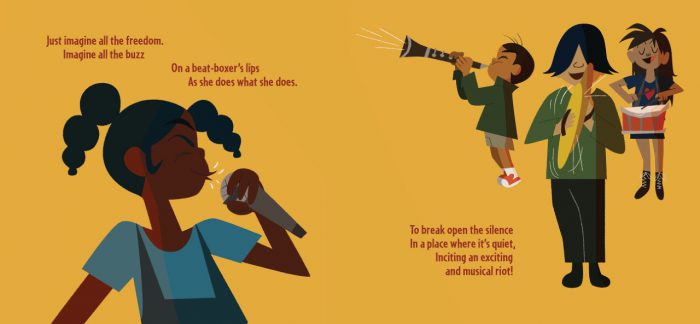
The book brings Khodi's joy and respect for rapping to young readers. (Annick Press)
OC: We’re always impressed by all of the young people who are involved in all kinds of activism. It feels like that has changed over time, too.
KD: Exactly. I mean, it used to be that we only talked about individualized [one-on-one] racism. Things like calling people names, or being mean to people based on the colour of their skin.
But when you focus the conversation only on that, it allows systemic forms of racism to just continue.
Now young people especially are starting to realize that their lives are affected in ways that go far beyond name calling and individual acts of meanness. To be truly liberated, we've got really important work to do. Just educating each other and changing our society so that we all benefit equally from it!
Welcome To The Cypher is available in book stores and online now.
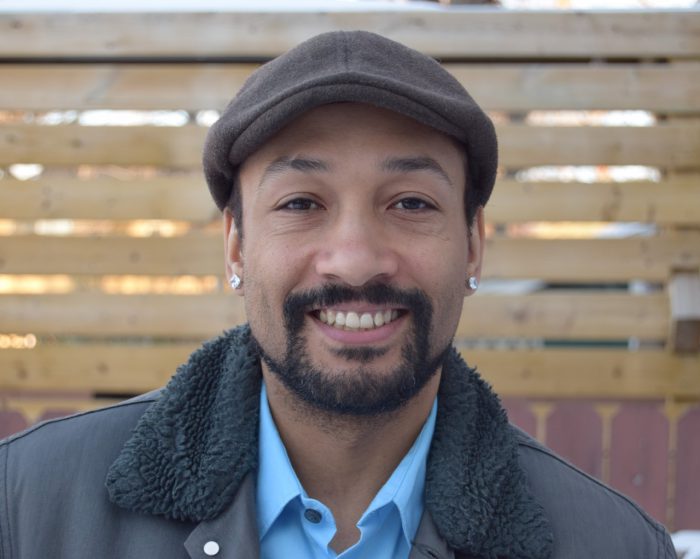 Khodi was inspired to write his book after he couldn't find a book on hip hop for young people. (Courtesy of Khodi Dill)
Khodi was inspired to write his book after he couldn't find a book on hip hop for young people. (Courtesy of Khodi Dill)

